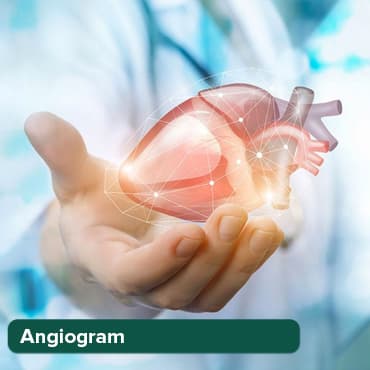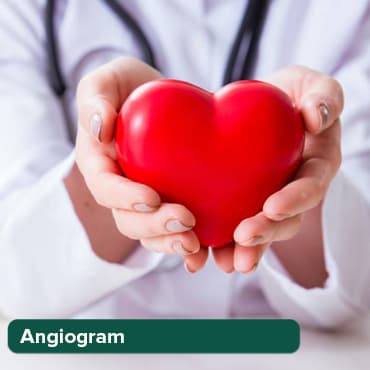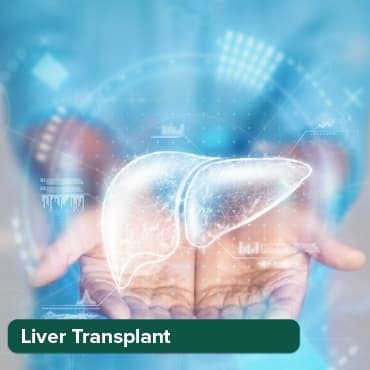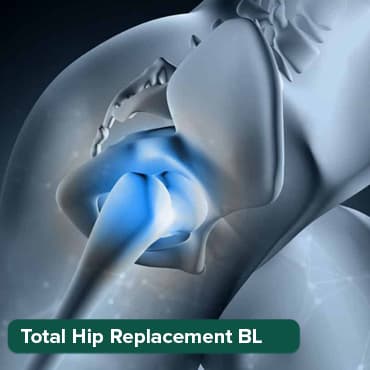
Bypass Surgery For Treating Heart Failure
09 Jun, 2022
 Healthtrip Team
Healthtrip TeamOverview
Cardiovascular disease involves heart and blood vessel circulation disorders. Heart failure, rheumatic heart disease, hypertensive heart disease, myocardial infarction, heart failure, and stroke are all examples of heart diseases. In 2019, ischemic heart disease and stroke were the top causes of death globally, killing 8.9 and 6.2 million people, respectively. However, there are a number of treatment options for treating your heart. CABG(coronary artery bypass graft) is one such treatment option. Here we’ve discussed more related to the same.
What causes heart failure?
Cardiac failure can be caused by a variety of illnesses, including coronary artery disease, atrial fibrillation, and heart valve disease, among others.
Transform Your Beauty, Boost Your Confidence
Find the right cosmetic procedure for your needs.

We specialize in a wide range of cosmetic procedures

When do you need to undergo surgery for heart failure?
Most persons with heart failure are treated with lifestyle changes and drugs. Maintaining a heart-healthy diet, remaining physically active, and avoiding smoking and excessive alcohol consumption can all help to improve symptoms and quality of life. Medications may also be used to treat the symptoms of heart failure and to improve the heart's function.
However, some persons with heart failure may benefit from surgery. Surgical methods, for example, could be employed to address the underlying concerns indicated above. In other circumstances, such as heart transplantation surgery is performed to treat persons with severe heart failure who cannot be helped by lifestyle changes or medicines. In some circumstances, treatment entails the surgical implantation of a mechanical device, such as a pacemaker, to assist with breathing.
Also, Read - Why Does Congenital Heart Disease Happen?
Treatment option for heart failure other than surgery?
It's critical to take your prescriptions on time and as prescribed by your doctor. The following medicines are commonly used to treat heart failure:
- ACE inhibitors
- The ARBs (angiotensin II receptor blockers)
- The ARNIs (angiotensin receptor-neprilysin inhibitors)
- Beta-blockers
- Dilators of blood vessels
- Calcium channel inhibitors (unless you have systolic heart failure)
Also, Read - How To Know Heart Blockage Without Angiography?
What is CABG surgery?
Coronary artery bypass graft (CABG) surgery is performed to treat coronary heart disease.
Most popular procedures in India
Atrial septal defect
Upto 80% off
90% Rated
Satisfactory

Coronary Angiogram a
Upto 80% off
90% Rated
Satisfactory

Coronary Angiogram C
Upto 80% off
90% Rated
Satisfactory

Liver Transplant
Upto 80% off
90% Rated
Satisfactory

Total Hip Replacemen
Upto 80% off
90% Rated
Satisfactory

It redirects blood around blocked or obstructed sections of the major arteries, increasing blood flow and oxygen supply to the heart.
Coronary heart disease can induce angina, which is chest pain caused by a reduction in the delivery of oxygen-rich blood to the heart.
While medication is often used to treat angina, severe angina may necessitate a coronary artery bypass graft to enhance the blood supply to the heart.
Another danger of coronary heart disease is that one of the plaques in the coronary artery ruptures (splits), resulting in a blood clot.
A heart attack can occur if a blood clot stops the blood supply to the heart.
To lower your chances of suffering a heart attack, a coronary artery bypass graft may be recommended.
Also, Read - Understanding The CABG Surgery Complications
How the surgery is carried out?
Traditionally, your doctor would make a major incision in your chest and momentarily halt your heart to bypass the blocked coronary artery.
Your doctor will cut the breastbone (sternum) in half lengthwise and spread it apart to open the chest. Once the heart has been exposed, your doctor will implant tubes into it to allow blood to be pumped across the body by a heart-lung bypass machine. The bypass machine is required to keep blood flowing when the heart is halted or stopped.
While the classic "open heart" operation is still used and often preferable in many instances, less invasive procedures for bypassing blocked coronary arteries have been developed.
CABG( coronary artery bypass graft), through the open heart or through the minimally invasive procedure, is now considered a major and commonly performed treatment option for congestive heart failure or heart blockage.
Also, Read - Heart Bypass Surgery Cost
How can we help in the treatment?
If you are in search of a CABG hospital in India, we will serve as your guide throughout your treatment and will be physically present with you even before your treatment begins. The following will be provided to you:
- Opinions of expert physicians and surgeons
- Transparent communication
- Coordinated care
- Prior appointment with specialists
- Assistance in hospital formalities
- 24*7 availability
- Arrangement for travel
- Assistance for accommodation and healthy recovery
- Assistance in emergencies
We are dedicated to offering the highest quality health trip and care to our patients. We have a team of highly qualified and devoted health professionals that will be by your side from the beginning of your journey.
Wellness Treatment
Give yourself the time to relax
Lowest Prices Guaranteed!

Lowest Prices Guaranteed!




